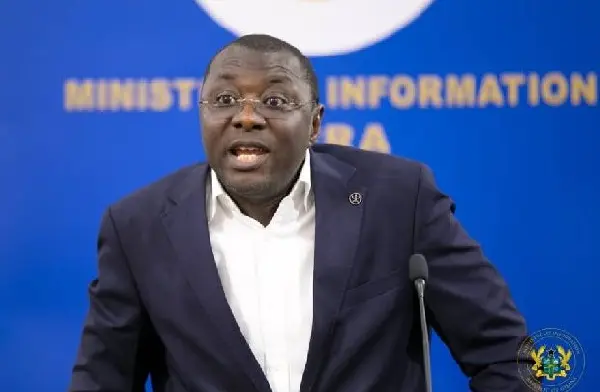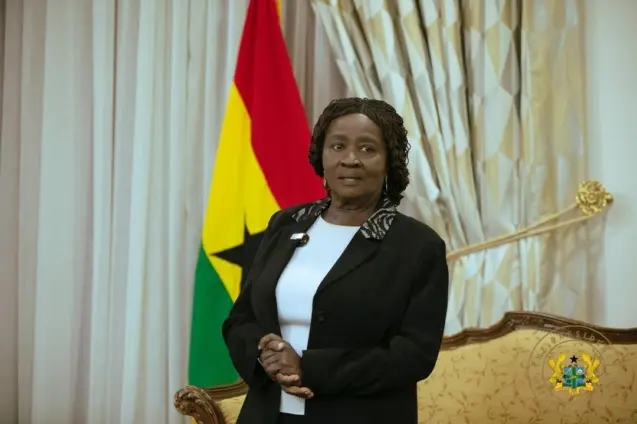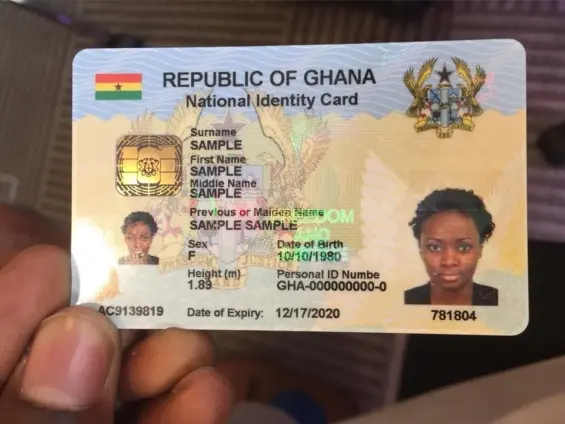Accra – In a proposal that has stirred considerable discussion within Ghana’s media landscape, leading broadcast journalist Kwaku Asante has suggested a significant shift in how broadcast frequencies are authorized. Asante, addressing the Constitutional Review Committee in Accra on May 14th, advocated for transferring the power to authorize these frequencies from the National Communications Authority (NCA) to the National Media Commission (NMC). The heart of his argument centers on reducing political influence and fostering a fairer media regulatory environment, especially concerning media frequency authority.
Asante’s proposition raises pivotal questions about media independence, regulatory effectiveness, and the trajectory of broadcasting in Ghana, prompting a critical examination of the current framework and potential alternatives. This analysis delves into Asante’s rationale, the possible consequences of such a change, and the broader context of media regulation within the nation.
A key concern driving Asante’s proposal is the vulnerability of frequency allocation to political interference under the existing system. He contends that the NCA’s focus has deviated from its core media regulation responsibilities, effectively turning frequency authorization into a tool susceptible to political control. “Over the years, the NCA has shifted focus to other areas, placing very little emphasis on media regulation,” Asante stated. “Frequency authorisation has essentially become a tool for political control.”
The issue is further complicated by the prevalence of media ownership among Members of Parliament. Asante highlighted how their access to frequencies can be jeopardized when they lose political power. “I know that nearly half of the Members of Parliament own media houses,” he noted. “When they lose power, it becomes difficult for them to access authorisations unless they meet certain political conditions.”
Asante argues that the NMC, given its constitutional mandate, is inherently better positioned to regulate the broadcasting sector in a fair and professional manner. This stems from its design and core functions, which are geared towards media oversight and regulation.
To address these concerns, Asante proposes a targeted transfer of authority. He recommends shifting *only* the frequency authorization function to the NMC, while maintaining the separate institutional structures of the NCA and NMC. This approach aims to leverage the NMC’s expertise in media regulation without disrupting the broader functions of the NCA.
Asante further stresses the importance of establishing a robust legal framework that allows for judicial review of NMC decisions. He suggests a mechanism for appealing NMC rulings, such as through the High Court. “We need to design a legal framework that allows decisions made by the National Media Commission to be appealed, for example, to the High Court,” Asante explained. “This would ensure that individuals who believe the NMC lacks the necessary expertise to handle certain matters have an alternative forum for redress.”
The proposed shift in media frequency authority to the NMC carries both potential benefits and inherent challenges. On the one hand, it could foster increased media independence and reduce the sway of political influence. It also holds the promise of more consistent and professional regulation within the broadcasting space.
However, there are concerns to consider. These include ensuring that the NMC possesses the requisite expertise to manage frequency allocation effectively and striking a delicate balance between media freedom and responsible regulation.
Ultimately, Kwaku Asante’s proposal represents a significant step toward addressing political interference within Ghana’s broadcasting environment. By entrusting the NMC with frequency authorization, Ghana has an opportunity to cultivate a more independent and professional media landscape. However, careful consideration of the practical challenges and potential ramifications of this shift is essential. The ongoing debate regarding media frequency authority and media independence is crucial for the future of media in Ghana.
Image Source: MYJOYONLINE






















